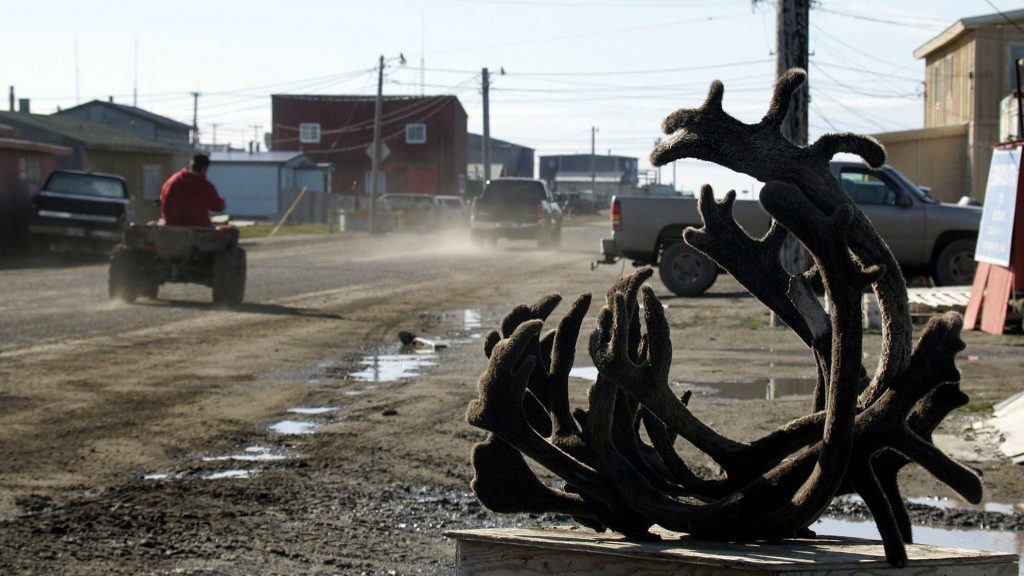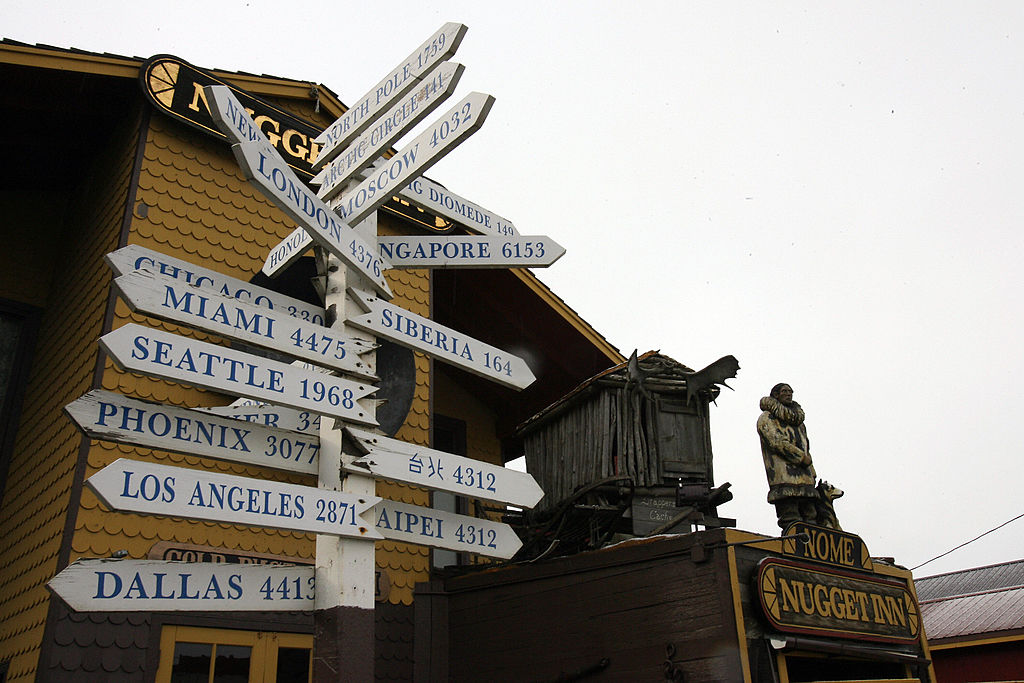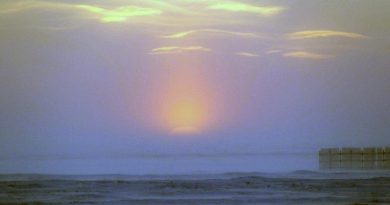$88-million broadband grant will be a game changer for northwest Alaska, say senators

The U.S. body responsible for advising on telecommunications has announced an $88-million broadband grant for rural Alaska, something that will be a game changer for the northwestern part of the state, Alaska Senators Lisa Murkowski and Dan Sullivan said.
“Alaskans deserve reliable access to internet for their telehealth, schooling, emergency services, and so much more—and this significant grant will provide a solution to providing reliable internet connectivity to Alaskans in rural communities in the long term,” Murkowski said in a statement on Friday.
But as the Arctic becomes an increasing focus of international attention, Murkowski said the infrastructure investment is of wider importance to the country.
“In Alaska, we are a state with one road to the Arctic, one broadband connection, and one port that is just beginning construction,”she said.
“As such, Alaskans often lack essential services that the rest of the Lower 48 takes for granted, and given Alaska’s strategic location and role in national defense, we require more than just the ability to ‘get by’ when it comes to infrastructure. This grant is a big step towards recognizing Alaska’s unique needs and makes an investment in the future of the state and our national strategic capability.”

The National Telecommunications and Information Administration’s $88.896 million infrastructure grant will go towards a seasub broadband project.
Built by Quintillion, a broadband provider that serves Alaska’s Arctic and Northwest, the project will go from Nome, to Homer, Alaska.
“Once constructed and online, the Nome to Homer project will provide redundant middle mile backhaul capability for Alaska, creating redundancy and reliability for Alaska’s broadband network infrastructure that is unprecedented for Alaska,” a news release said.
Outages ongoing after cable cut by sea ice
Residents in Kotzebue, Nome, Point Hope, Wainwright and Utqiagvik all experienced cell and internet outages, starting last week, after sea-ice cut through a fiber-optic undersea cable.
Repair time is estimated to take six to eight weeks, Quintillion updated on Friday, and said the grant announcement comes at a much-needed time.
“This grant is much welcome news, especially at a time when many Alaskans are struggling without internet after ice damage severed our fiber cable,” the company said. “Our Nome to Homer Express route will close the network ring- boosting resilience, creating redundancies, and rerouting internet traffic.”
Quintillion map showing some of the communities affected by the cable damage last week:
IMPORTANT SERVICE OUTAGE UPDATE 6/13/2023 ⚠️https://t.co/mBjN03ECu2
— Quintillion (@QuintillionNet) June 14, 2023
“In light of the fiber optic cable severed by sea ice recently, this project will achieve greater resiliency to meet the challenges of Alaska’s rugged and unpredictable terrain and keep Alaskans connected,” Sullivan said.
The project will also help prevent communities from longterm outages like the ones this month, Murkowski said.
“We now have a situation where the federal government is making an investment that could have prevented the impacts of this widespread outage,” she said.
“The extensive internet outage, caused by significant sea ice scouring, underscores the importance of Arctic infrastructure and redundancy. Most Americans take for granted that internet outages last hours or days, not weeks or months.”
Comments, tips or story ideas? Contact Eilís at eilis.quinn(at)cbc.ca
Related stories from around the North:
Canada: $123.9 million additional funding announced for high-speed internet in Arctic Quebec, Eye on the Arctic
Norway: New satellites to boost communications in Arctic Norway, The Independent Barents Observer
Russia: Russian military to get fast, secure internet through trans-Arctic cable, The Independent Barents Observer
United States: $30.3 million grant announced to build up high-speed internet in rural Alaska, Eye on the Arctic



